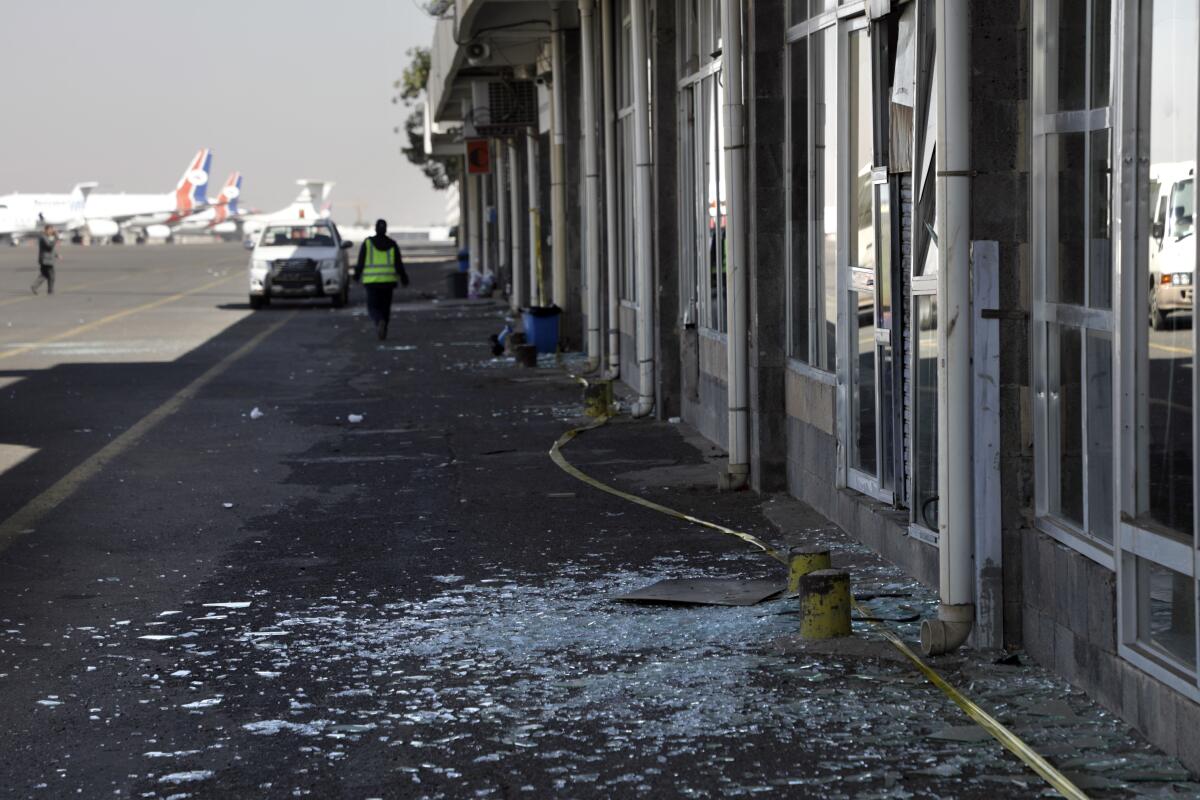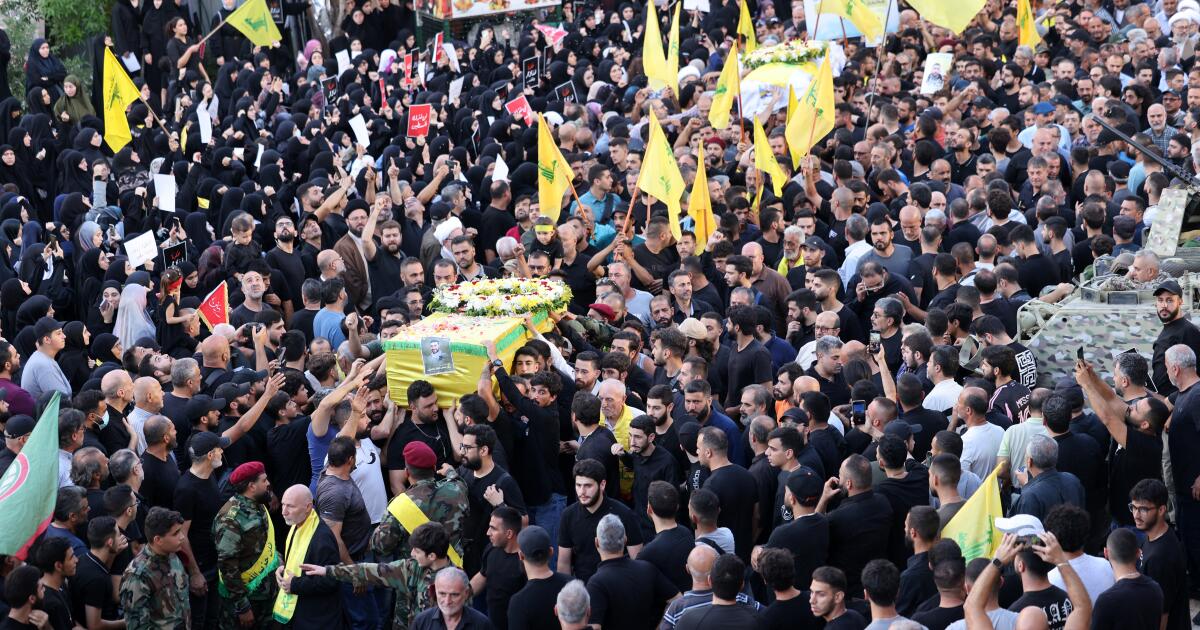ZURICH (Reuters) – The government of neutral Switzerland said on Wednesday it would be ramping up military spending over the coming years, the latest European country to do so in the wake of Russia’s invasion of Ukraine two years ago.
President Viola Amherd said that as of 2035, some 20 billion Swiss francs ($22.58 billion) in additional funding would be available, compared to planning before the Ukraine war.
Switzerland allocated 1.9 billion francs to equip its armed forces in 2023.
“The security policy situation is obviously difficult given the current instability, with a war on the European continent, armed conflicts in the Middle East and other flashpoints in the world,” Amherd told a press conference.
Amherd, who is also defence minister, said there were “so many crises” currently, and the plan was partly taking into account lessons drawn from the Ukraine war.
For 30 years, Switzerland’s army has been weakened by savings made following the “peace dividend” which the end of the Cold War yielded, she noted. The peace dividend refers to reaping economic benefits by cutting defense spending and allocating resources towards other sectors.
Amherd was speaking after her government highlighted gaps in Switzerland’s command and control systems, as well as shortfalls in its ground and air forces and cyber defences.
Some Swiss artillery entered service in the 1960s and needed replacing, said Thomas Suessli, head of the armed forces.
Several Swiss government websites came under attack in January, with a Russian-linked hacker group claiming responsibility due to the visit of Ukrainian President Volodymyr Zelenskiy to the World Economic Forum in Davos.
The government said it would request credits for 4.9 billion francs ($5.53 billion) to buy new military equipment, including guided missiles and mobile radars for ground troops, as well as improve communications systems.
Switzerland will also build a new data centre dedicated to the military, and upgrade some bases, it said.
The government also submitted its payment framework for the army, which will allow it seek up to 25.8 billion francs for the military from 2025 to 2028, up from 21.7 billion francs between 2021 to 2024.
The Swiss move reflects jitters among European leaders over security, and former U.S. President Donald Trump’s recent suggestions that Washington might not protect fellow NATO members against a potential Russian attack if they do not spend enough on defence.
On Monday, German Chancellor Olaf Scholz said Germany and Europe’s defence industry must switch towards mass production of arms as the war in Ukraine exposed how European manufacturers struggled to meet demand for ammunition.
($1 = 0.8859 Swiss francs)
(Reporting by John Revill; Editing by Dave Graham and Bernadette Baum)

